The Wisconsin Natural Resources Board — Plus One — Talks Wolves, Elk and PFAS
Wildlife and water issues were the focus of an unusual meeting of a state policy setting group in which the Republican-appointed chairperson is refusing to step down as a six-year term ends, blocking the participation of a new Democratic appointee.
May 27, 2021
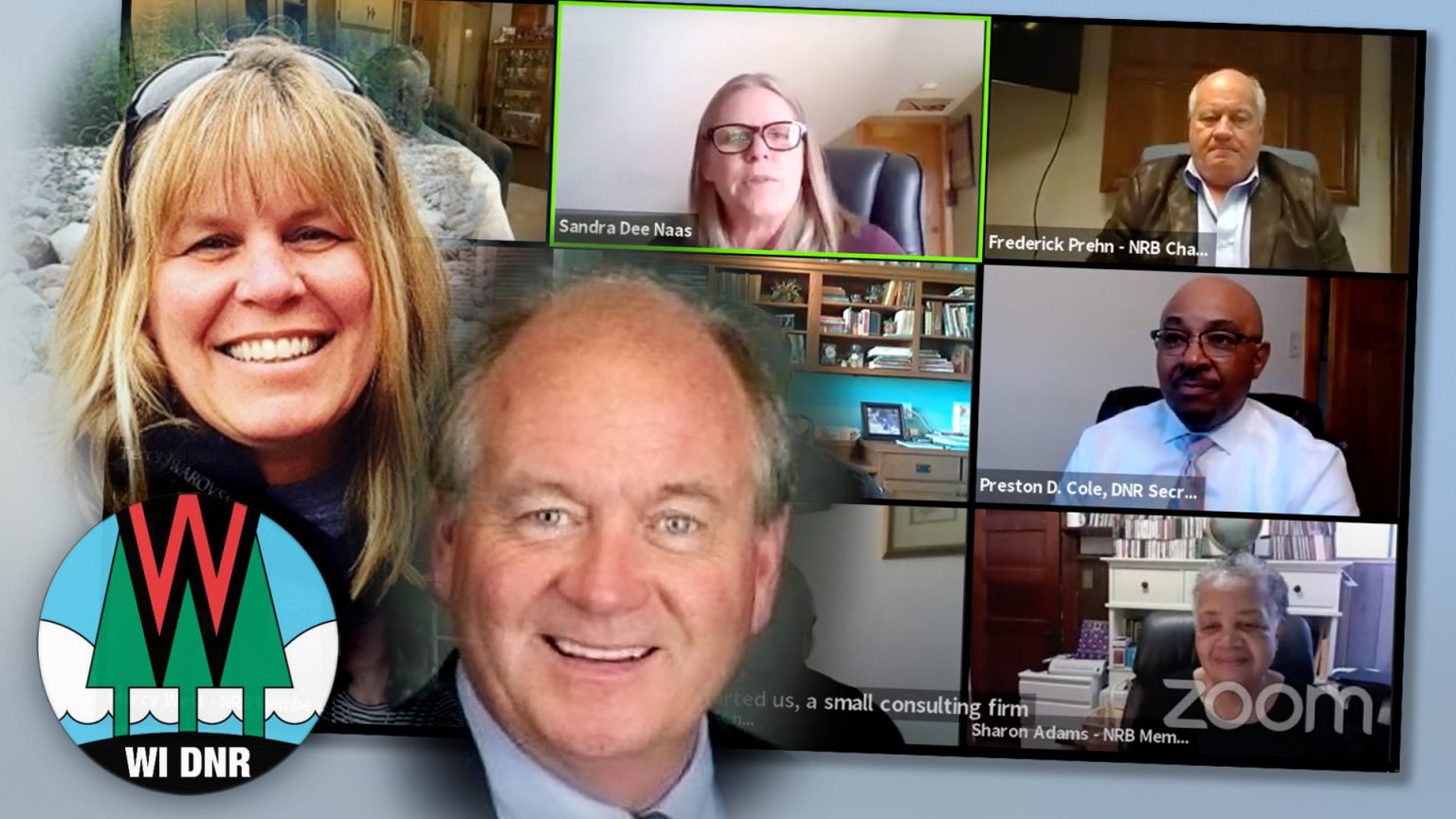
Sandra Naas was appointed to the Wisconsin Natural Resources Board seat filled by Fred Prehn, who is completing his six-year term but has refused to vacate the seat until confirmation by the state Senate. (Credit: Illustration by Marisa Wojcik; original images courtesy the Wisconsin Department of Natural Resources and office of Gov. Tony Evers)
The full membership — and then some — of the Wisconsin Natural Resources Board were present for a May 2021 meeting, with one of its newest members present and observing but unable to vote on any items in a long agenda.
Sandra Naas and Sharon Adams were nominated to the board by Gov. Tony Evers on April 30, 2021. Each attended the virtual meeting on May 26. However, Naas could only observe the proceedings as board chairman Fred Prehn, in an unusual and rare action, decided he was not going to step down at the end of his term.
A dentist and cranberry farmer from Wausau, Prehn was appointed by former Republican Gov. Scott Walker in 2015 to a six-year term. As is custom, when the end of that term nears, the governor’s new appointment takes their seat on the board, even if it is held before confirmation of their appointment from the state Senate.
“This is a time-honored tradition where new members are nominated by a sitting governor. That nomination then moves to the Senate for confirmation,” said Wisconsin Department of Natural Resources Secretary Preston Cole while welcoming both new board members.
Sharon Adams, who is from Milwaukee, took her open seat and voted on measures at the meeting. She introduced herself as “delighted and honored” to be present and highlighted her work in conservation.
“It’s been my life’s work and my living to be part of the natural resources, whether it’s listening to the memories of my father, who was a farmer, hunter, fisherman on 200 acres of land in Tennessee,” Adams said. “Or, to my stint as a director of the Girl Scout Council of Greater New York and upstate New York and over thousands of acres of land for 21,000 girls to understand nature.”
Adams also noted her more recent experiences as a Wisconsinite, adding “and then for the last 20 years to be here in Milwaukee County and a citizen of Wisconsin, ensuring that there is access and stewardship of our most precious resources.”
Sandra Naas, who was present but could not vote, highlighted her extensive experience, but not before first acknowledging the awkward circumstances.
“I appreciate the time to be able to introduce myself a little bit. I will not be sitting. I’ll be listening in on the meeting today, but not part of the meeting,” Naas acknowledged.
An agriculture and natural resources teacher at Ashland High School, Naas studied soil science, land and water conservation and agriculture in college. She has also served as a county conservationist in Ashland, Bayfield, Douglas and Iron counties. Before becoming a teacher, she started a consulting firm assisting municipalities on different natural resources projects.
“Over my 30-plus year career, working in natural resources is an awesome responsibility. I thank Gov. Evers for his confidence in me and I look forward to taking a seat at the table for the people and the natural resources of the state,” said Naas.
Critics say this controversial non-transfer of power is a political calculation to maintain a majority of Republican-appointed members on the policy-setting body. Prehn said his decision to wait until the Republican-controlled state Senate confirms Naas before stepping down is legal, even if unorthodox.
“There’s so many things happening on the Natural Resources Board right now,” Prehn told Wisconsin Public Radio. “There’s a lot of topics that I think the board can use my leadership until a replacement is confirmed.”
The more than five-hour meeting covered matters that could be affected by a change in who sits on the board, including drinking water and groundwater codes, wolf harvest regulations and elk herd management.
The sitting board members authorized a future public hearing which will address several matters related to the state’s wolf hunt, including hunting hours, shortening the registration window for hunters who harvest wolves, and establishing zone-specific tags. Following a sudden and clumsy wolf hunt conducted in February, during which many more wolves were harvested than set in the quota, the DNR is looking to change regulations surrounding the state’s hunt.
Also before the board were plans to manage elk in the state. The board approved a quota of eight bulls from the state’s northern elk management zone for the 2021 season.
However, a decision to update an elk management plan for the duration of 2021-2031 was delayed. Proposed changes include renaming elk management zones, establishing elk hunting units, harvest quotas and permits within those zones, altering one of the zone’s geographical size and elk population, and changing how the hunting season timeline is structured.
Addressing next steps for regulations and standards related to the presence of hazardous chemicals known as PFAS in drinking water and groundwater were also before the board.
The Wisconsin Department of Health Services made recommendations as to what amount of what are called “forever chemicals” can be detected and considered safe. In turn, the DNR is required to propose rules establishing those recommendations.
PFAS contamination and how their use is regulated in Wisconsin has come under an increasingly prominent focus in recent years, as more research is published about the harmful effects of exposure to these chemicals, which are used in many everyday products and by a variety of industries.
 Passport
Passport




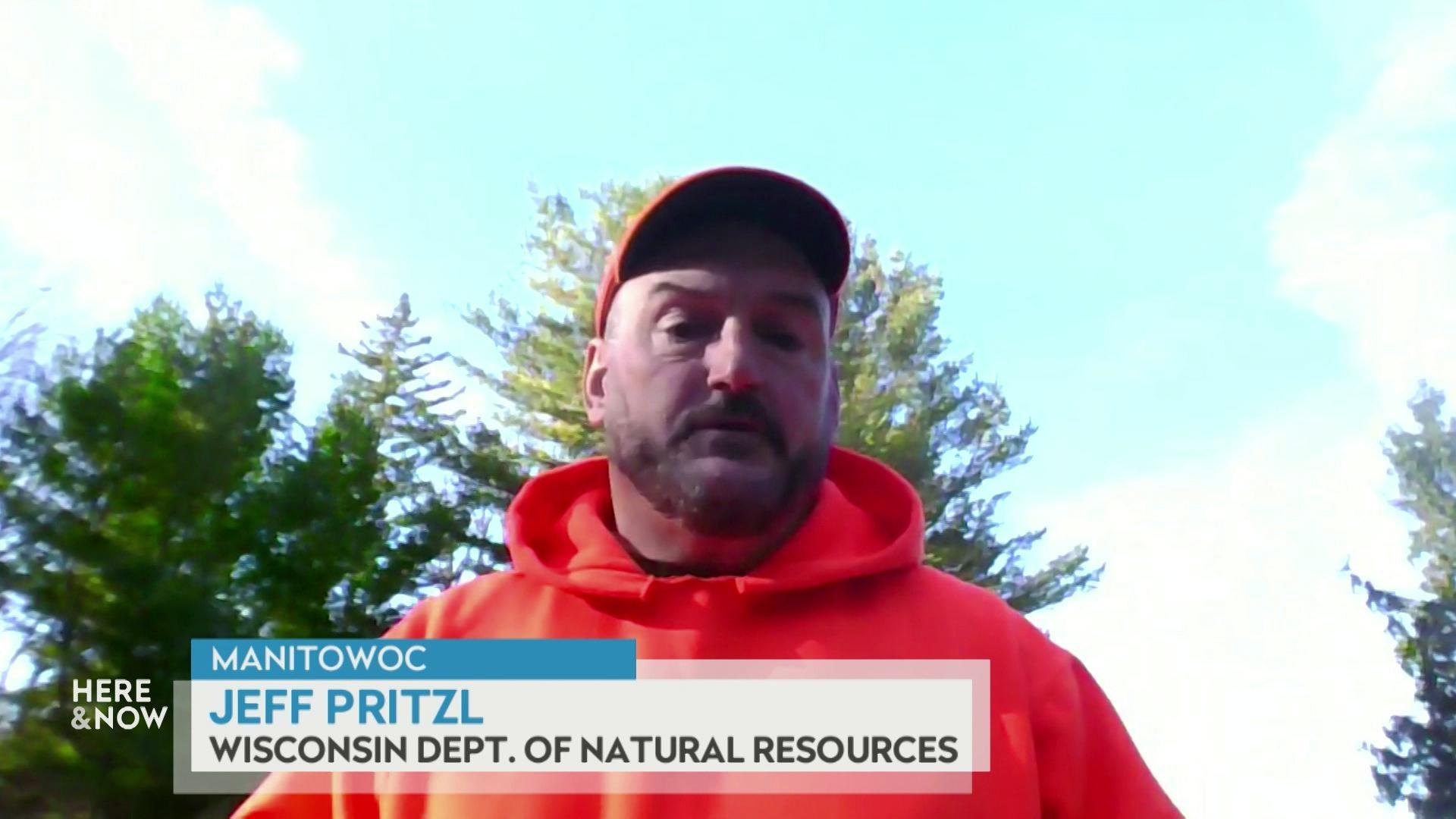
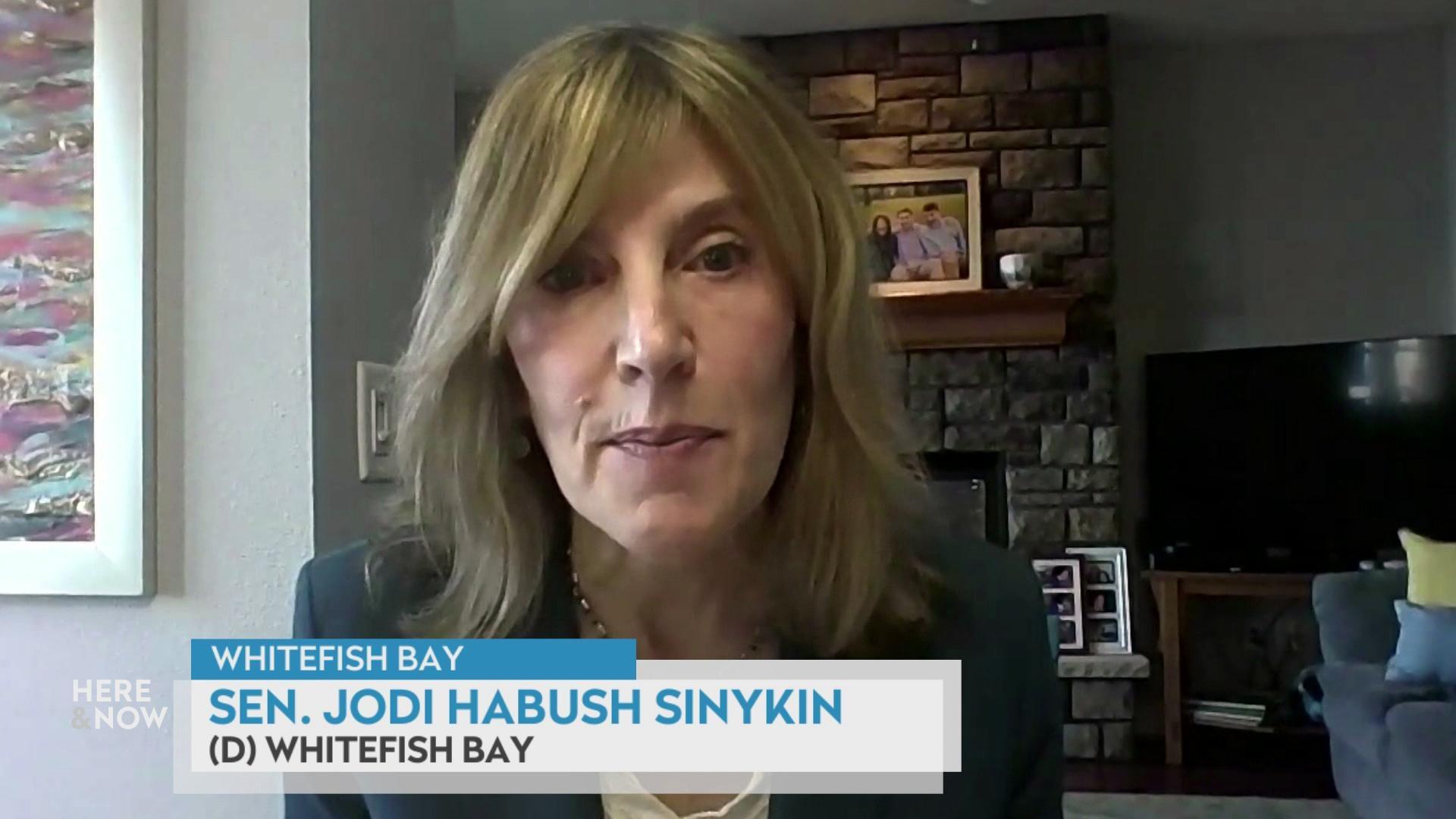

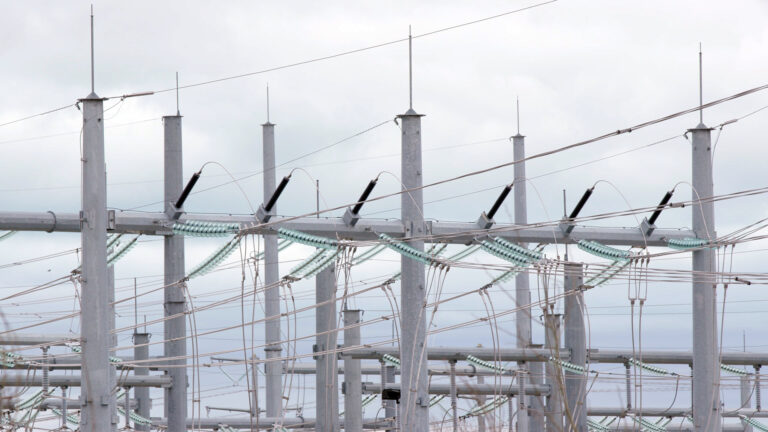
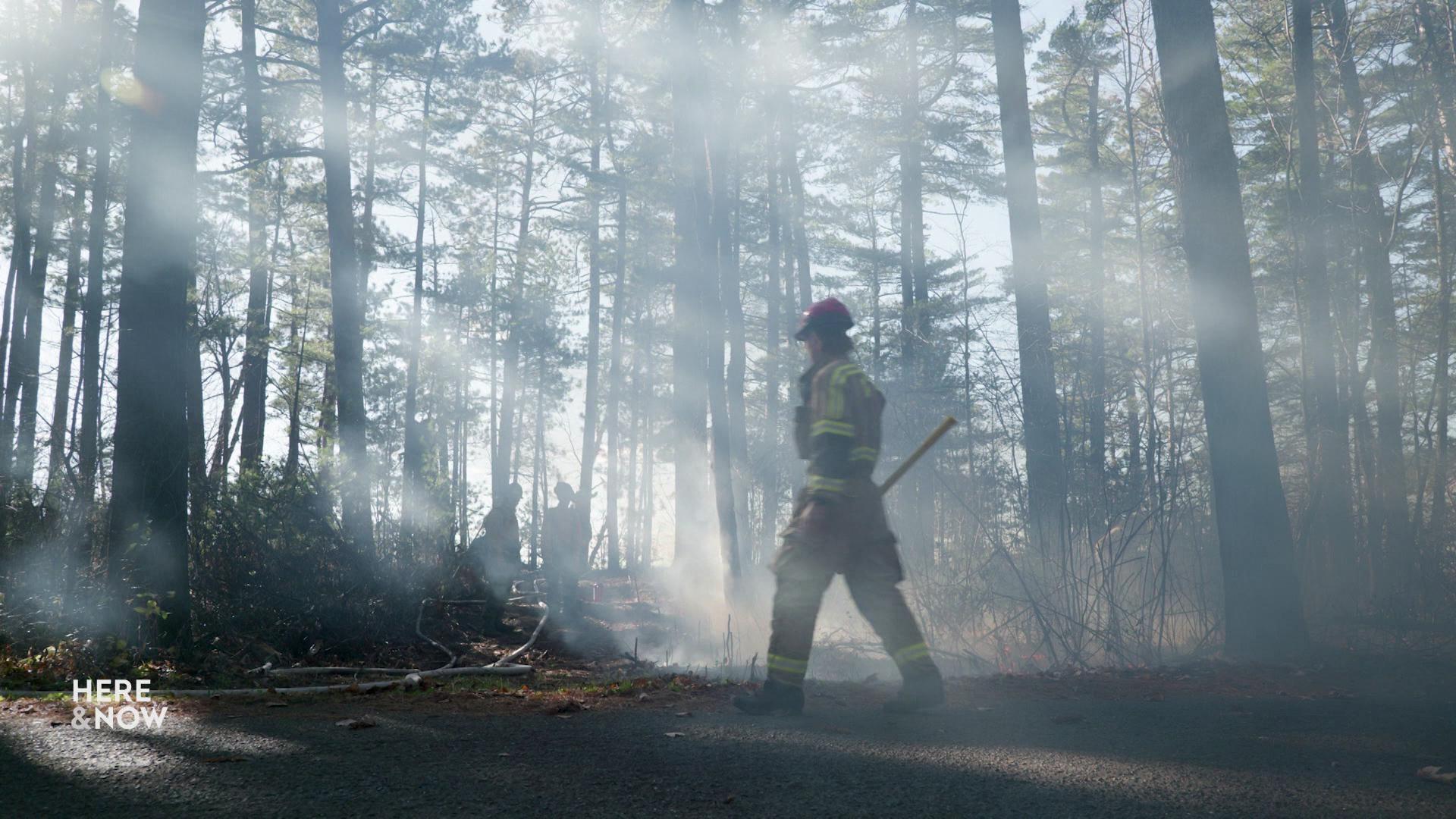
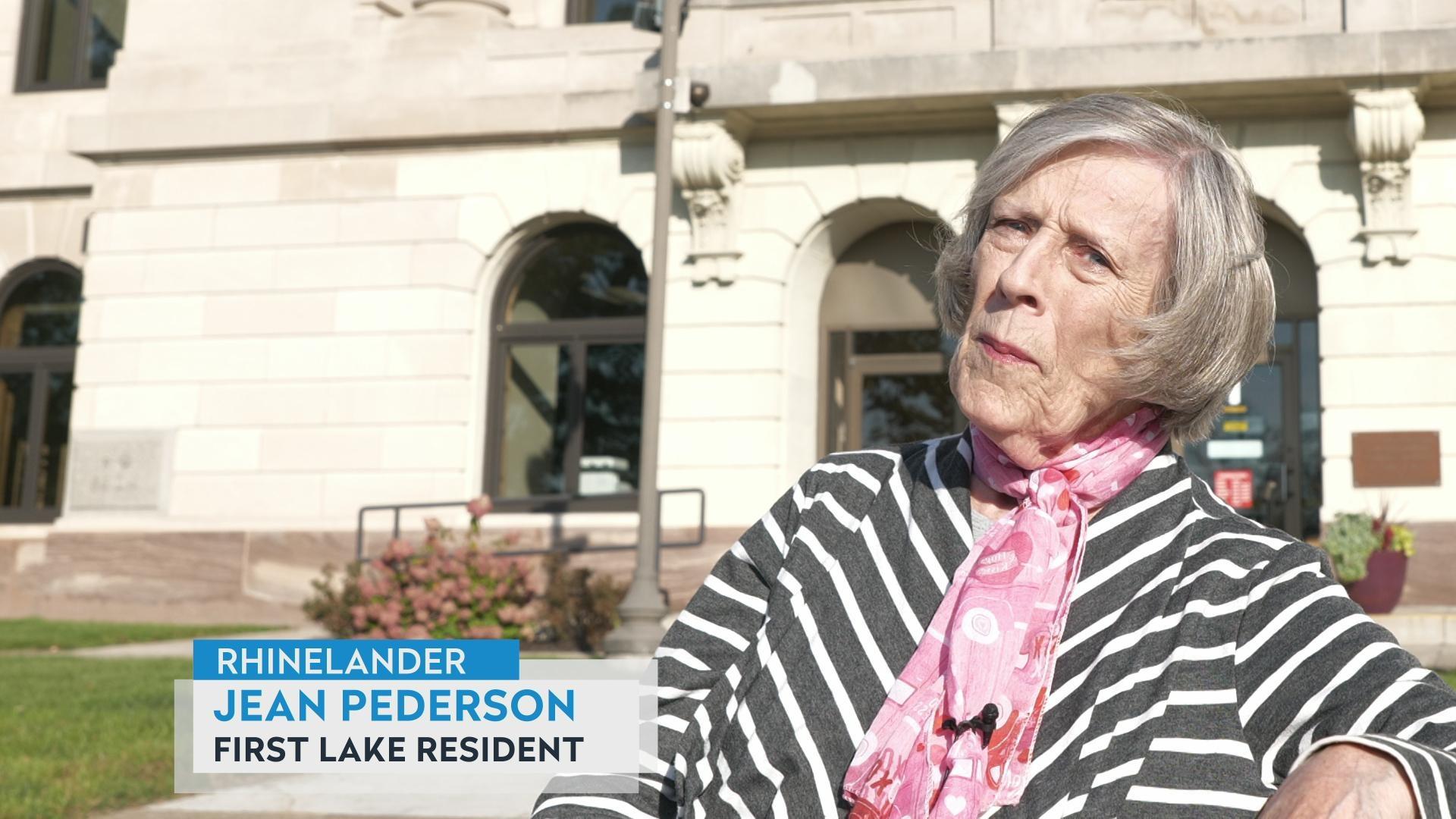

Follow Us